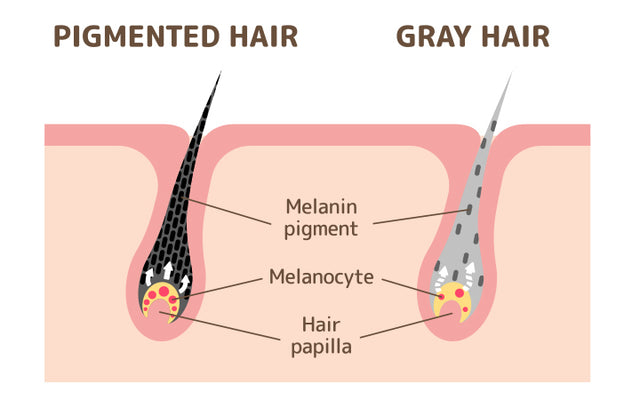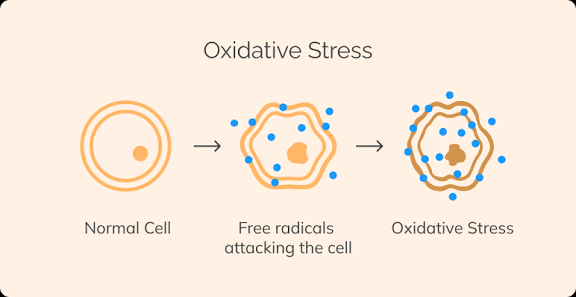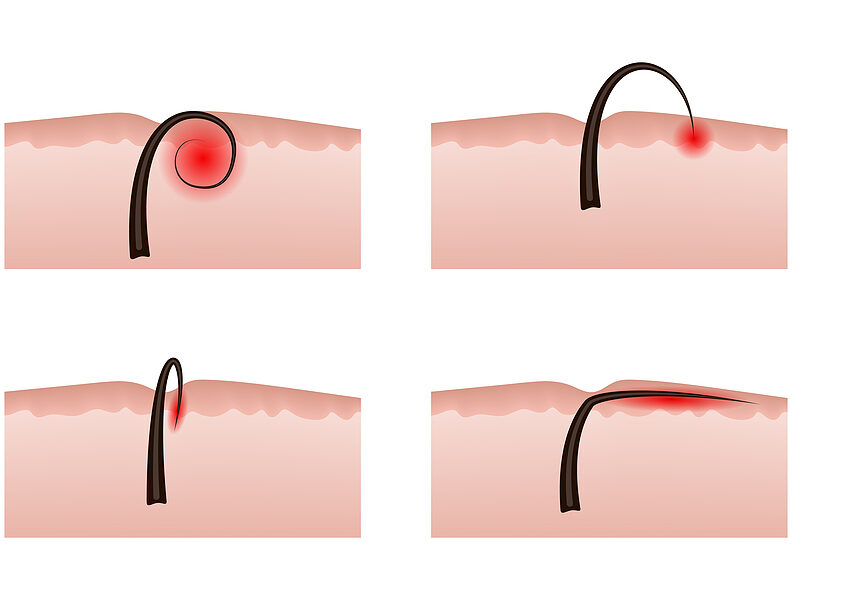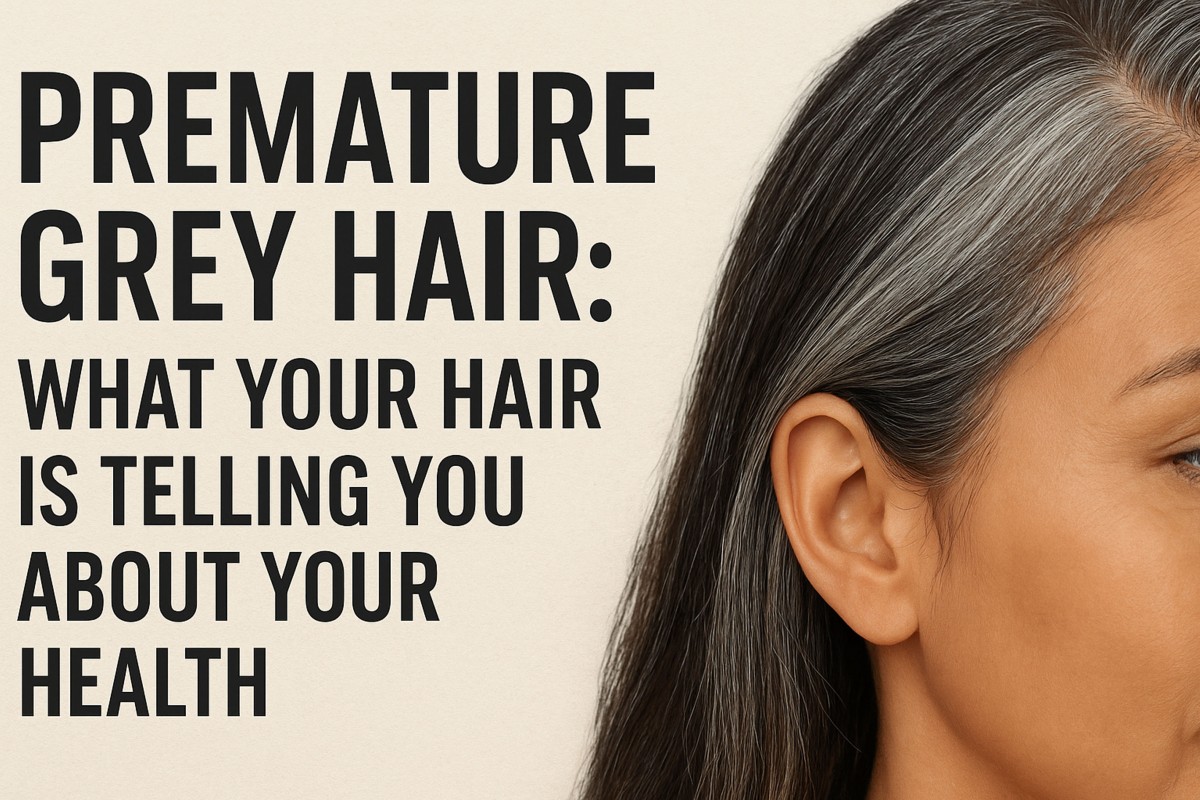Grey hair can become a serious concern if it appears in the early twenties and thirties; that can help to understand the health condition of the body. Family history can contribute towards the emergence of grey strands of hair and other factors such as nutrient insufficiency, poor healthy habits, and prevailing health conditions.
Premature Gray Hair: A Closer Look
An individual hair starts to turn grey when cells that generate pigment, called melanocytes, decrease the production of melanin, which plays a role in determining hair color. This process begins slowly as age increases, and if hair fails to retain pigment much earlier than expected, it can lead to premature graying. 
Leading Causes of Premature Hair Graying
❖ Persistent stress may speed up the reduction of melanocytes.
❖ Vitamin B12 deficiency is associated with premature graying; low copper, zinc, and iron can alter pigment formation.
❖ It is said that our body continuously creates free radicals that are volatile molecules leading to cell damage. When antioxidants are limited, these free radicals can impair follicles and melanocytes, causing them to turn hair grey faster. 
❖ Rapidly increasing pollution in the environment, usage of addictive substances, sleep disturbances, and absence of a balanced diet can imbalance hormonal activity, affect immune responses, and affect cellular aging.
❖ Medical conditions such as thyroid disease (hypothyroidism and hyperthyroidism), which include physical weakness; fluctuating weight; autoimmune diseases such as vitiligo and alopecia areata; reduced hemoglobin levels; heart diseases; skin infections; and constantly falling sick can trigger the presence of premature grey hair.
Misconceptions About Premature Hair Graying
❖ Pulling out grey hairs can circulate quickly in the entire scalp, which is not true, as each follicle generates one strand of hair that does not increase grey hairs. 
❖ Regularly oiling hair can strengthen hair growth but cannot recover depleted pigment.
Conclusion
Premature grey hair can be controlled by taking precautionary measures such as consuming foods such as dairy products, shellfish, spinach, beans, and pumpkin seeds, and additional supplements can be used on the basis of professional recommendation. Practicing relaxation techniques such as yoga and meditation, reducing substance abuse usage, and maintaining hair health by applying verified hair products. Getting a health care checkup for a diagnosis related to thyroid functioning, vitamin levels, and detecting any autoimmune diseases. Consider taking any topical medication, antioxidants, or peptide therapy after consulting with a dermatologist for treating early signs of grey hair.
